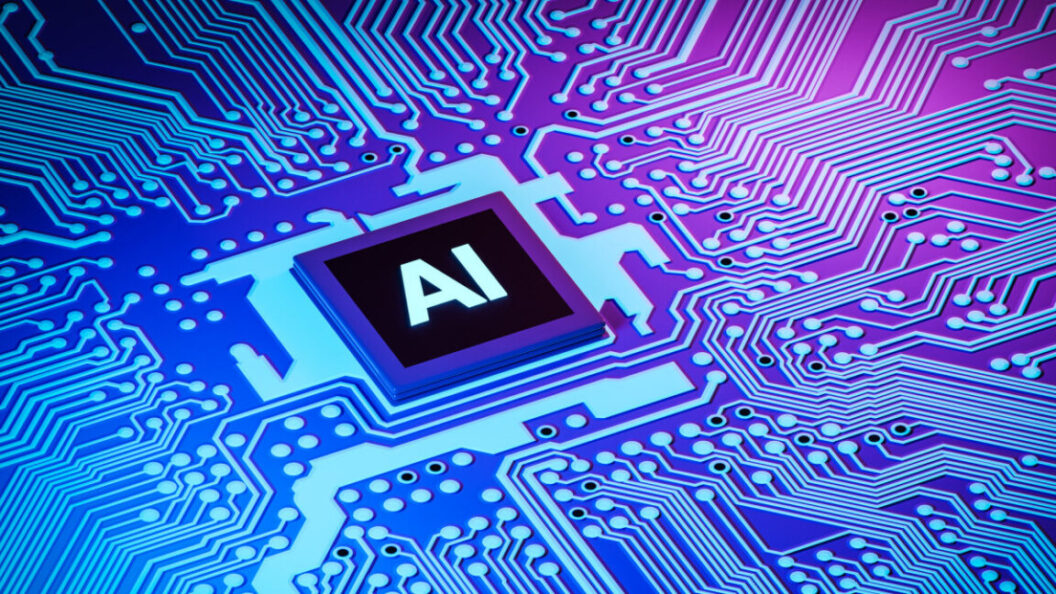OpenAI Ventures into Custom AI Chip Development
OpenAI, the leading artificial intelligence research organization, is taking a significant step towards enhancing AI capabilities by developing its own custom AI chips. This ambitious project highlights the growing competition in the tech industry, where companies are increasingly investing in specialized hardware to support advanced AI operations.
A Large Investment in AI Hardware
Industry experts estimate that designing a single version of an AI chip could cost upwards of $500 million, with the overall expenses—including development of supporting software and hardware—potentially doubling that figure. The financial commitment reflects the strategic importance of having tailored processors that can efficiently run AI models.
Richard Ho, a former Google chip designer, is spearheading this initiative with a dedicated team of 40 engineers collaborating closely with Broadcom on the chip’s design. Manufacturing is set to be handled by Taiwan Semiconductor Manufacturing Company (TSMC), recognized for producing chips for industry giant Nvidia, using advanced 3-nanometer process technology. This high-level manufacturing capability is expected to yield chips with high-bandwidth memory and advanced networking features akin to those found in Nvidia’s products.
Focus on AI Inference
OpenAI’s initial chip will primarily target running AI models, a process known as "inference," as opposed to training them. Inference involves applying learned models to new data inputs, thus making the chips pivotal for real-time applications. The deployment will be limited initially within the company, allowing for testing and refinement before broader implementation.
Mass production of these chips is projected to commence at TSMC in 2026. However, plans to have the first "tape-out" and manufacturing run face inherent technical risks. Experts warn that unforeseen challenges could necessitate additional fixes, potentially delaying the project for several months.
Competing with Major Learnings
This strategic move by OpenAI aligns with broader industry trends, as major technology companies increasingly allocate significant budgets to AI infrastructure. Microsoft is on track to invest $80 billion in AI technologies by 2025, while Meta has set aside $60 billion for similar initiatives in the coming year.
In a related development, OpenAI has also collaborated with SoftBank, Oracle, and MGX to launch a new $500 billion "Stargate" infrastructure project aimed at establishing advanced AI data centers across the United States. This project underscores the commitment to scaling AI capabilities and improving the necessary infrastructure to support extensive AI operations.
Addressing Controversial Claims
While the investments and advancements in AI have been celebrated for their potential, they have also sparked discussions around ethical concerns and the implications of such rapid technological growth. Critics have raised issues regarding data privacy, security, and the societal impacts of AI proliferation. OpenAI acknowledges these concerns and is working to ensure that the development and deployment of AI technologies prioritize ethical standards and responsibility.
Conclusion: The Significance of the Development
OpenAI’s venture into custom AI chip development represents a critical evolution in the AI landscape, underscoring the importance of proprietary hardware in harnessing the full potential of artificial intelligence. As competition intensifies among tech giants, investments in specialized AI infrastructure are likely to proliferate, pushing the boundaries of what is possible with AI technology.
The successful development of OpenAI’s custom chips could have far-reaching implications, establishing the organization as a key player in the AI hardware domain and influencing how AI systems are designed and implemented across various industries. This initiative not only reinforces the trajectory of AI advancements but also raises important questions about the need for responsible oversight as technology becomes more deeply integrated into our daily lives.












